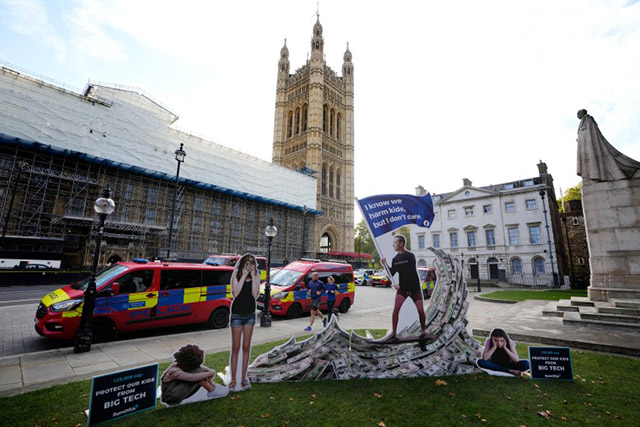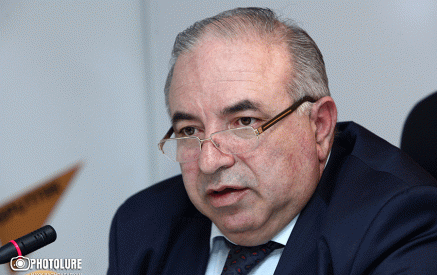By Alicia Ceccanese/CPJ Global Technology Researcher
OThe United Kingdom moved a step closer to regulating social media in December when a parliamentary committee recommended major changes to the country’s Online Safety Bill so as to hold internet service providers responsible for material published on their platforms. “We need to call time on the Wild West online,” said committee chair Damian Collins. “What’s illegal offline should be regulated online.” The draft law, which will be submitted to the British parliament in 2022, is aimed at penalizing companies that allow content relating to crimes like child abuse and online harassment; news reports and free expression groups have flagged similar efforts in Kazakhstan, Australia, Indonesia, Chile, and Canada, among other countries
Social media regulation is significant for journalists who use platforms for work, especially when the legislative focus is on information or speech. In 2021, U.S. nonprofit Freedom House found that at least 24 countries were seeking to govern how platforms regulate content. States like the UK, which set out to prevent platforms from censoring journalistic posts in the draft safety bill, face thorny questions about whose posts merit protection and how regulations should be enforced.
Many journalists are themselves demanding that governments regulate social media to help solve issues that affect the press, like online abuse, disinformation, or falling advertising revenue, but there could be other unforeseen consequences. Lawmakers in the United States, the U.K., India, Pakistan, and Mauritius are among those discouraging platforms from offering encrypted messaging, which helps journalists communicate safely. Legislation mandating that platforms share data with police would be bad news in countries that jail journalists for social media posts. Some social media laws, like Turkey’s, affect news websites and search engines as well. Others have implications for news websites with comments sections.
Read also
At worst, authoritarians can jump on the regulatory bandwagon to stifle reporting. In 2020, a report by Danish think tank Justitia found 25 countries had drawn inspiration from Germany’s 2017 Network Enforcement Act to “provide cover and legitimacy for digital censorship.” Such laws leave social media companies with a difficult decision: comply, or leave the country.
CPJ’s Alicia Ceccanese spoke with Kian Vesteinsson, a research analyst for technology and democracy at Freedom House, and Jacob Mchangama, executive director of Justitia, about their respective research.
Click here to continue reading.

























































